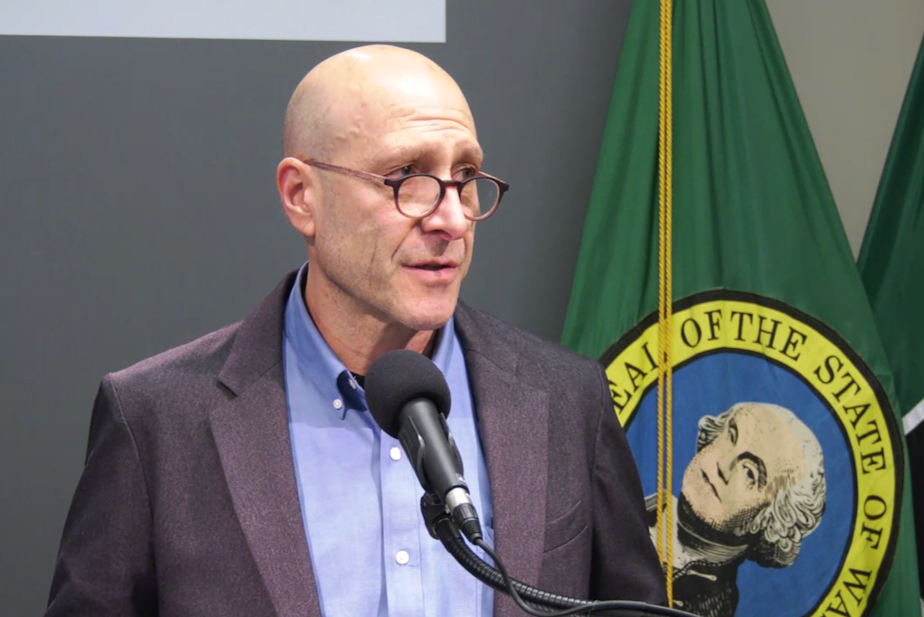10 Covid-19 deaths now reported in Washington state, 11 dead nationwide

King County public health officials announced another presumed coronavirus death Wednesday morning, bringing the Washington state death toll up to 10.
The announcement came as health officials in California confirmed the state's first Covid-19 death, marking the first known U.S. coronavirus death outside of Washington state.
There are currently 39 confirmed cases of coronavirus in Washington state, according to the state department of health; 31 of those cases are King County residents and eight are from Snohomish County.
A woman in her 90s died at EvergreenHealth in Kirkland on Tuesday, adding to the total number of Covid-19 fatalities in Washington state. The woman was a resident of the Life Care Center, a long term care facility at the center of the state's coronavirus outbreak.
King County public health officer Jeff Duchin said during a Wednesday press conference that the county was assisting Life Care with outbreak containment efforts. Health officials are operating under the assumption that anyone who's been at Life Care has been exposed to the coronavirus.
Duchin added that King County is helping to remedy staffing needs, and assess the clinical status and hospitalization needs of patients at the facility. Additionally, a team from the Centers for Disease Control and Prevention remains onsite at Life Care to advise staff about infection control strategies.
Duchin mentioned hearing from several concerned family members of Life Care residents and said that it has been difficult to communicate with them all. He said that affected residents who need to receive a higher level of medical care are being transported to health care facilities, but that those who are stable are being treated within the Life Care Center.
"We really need our hospital beds for seriously ill people," Duchin said. "So it would be problematic to take people out of a facility where they’re stable and put them into a health care system that is already stressed with our flu season and other critically ill patients."
Wednesday's updates also include announcements that the University of Washington's Virology Lab has developed its own diagnostic test for SARS-CoV-2 , the virus that causes the Covid-19 illness. The University of Washington's Virology Lab is working with the Washington State Department of Health to ramp up testing capacity amid public pressure to make testing more widely available.
Lab officials expect to be able to test more than 1,000 samples daily, adding to the state's previous capacity for just 200 tests per day. The tests are only accessible through one's health care provider.
The test had been in development since January. University of Washington virology division head Keith Jerome said during a press conference that the lab's testing developments could "change the trajectory of this infection in the United States," pointing to the accelerated buildout of the test — a task that might normally take several months to complete.
The Centers for Disease Control and Prevention expanded its testing criteria Wednesday to include "a wider group of symptomatic patients." The widened criteria mean that even people with mild symptoms will be eligible for diagnostic testing, according to Kathy Lofy of the Washington State Department of Health.
Previously, testing was limited to those who had recently traveled to affected areas, were sick and had been hospitalized, or those who had been exposed to a confirmed coronavirus case.
Health officials say that containing the spread of the virus at this point is mostly dependent upon individual hygiene habits.
"We're not saying shut down the society," Duchin said. "But we're saying take some simple steps to decrease your risk."
Among those recommendations: wash your hands frequently, don't touch your face, and don't go to work or school if you're even slightly ill.




